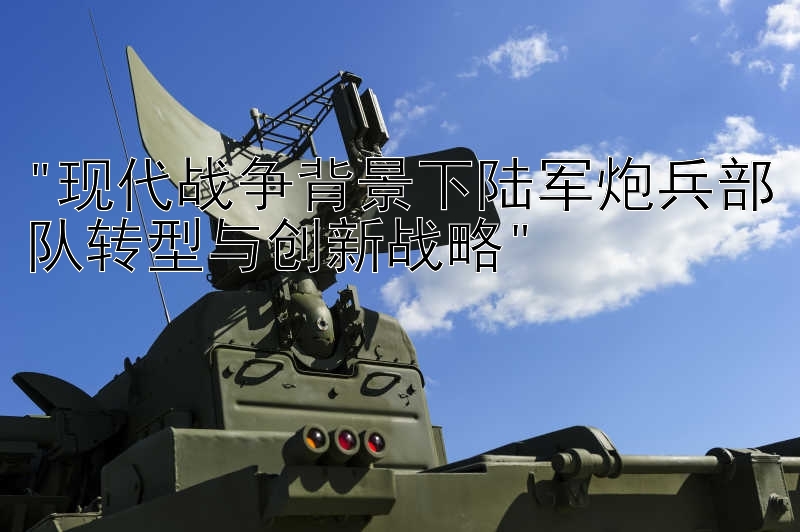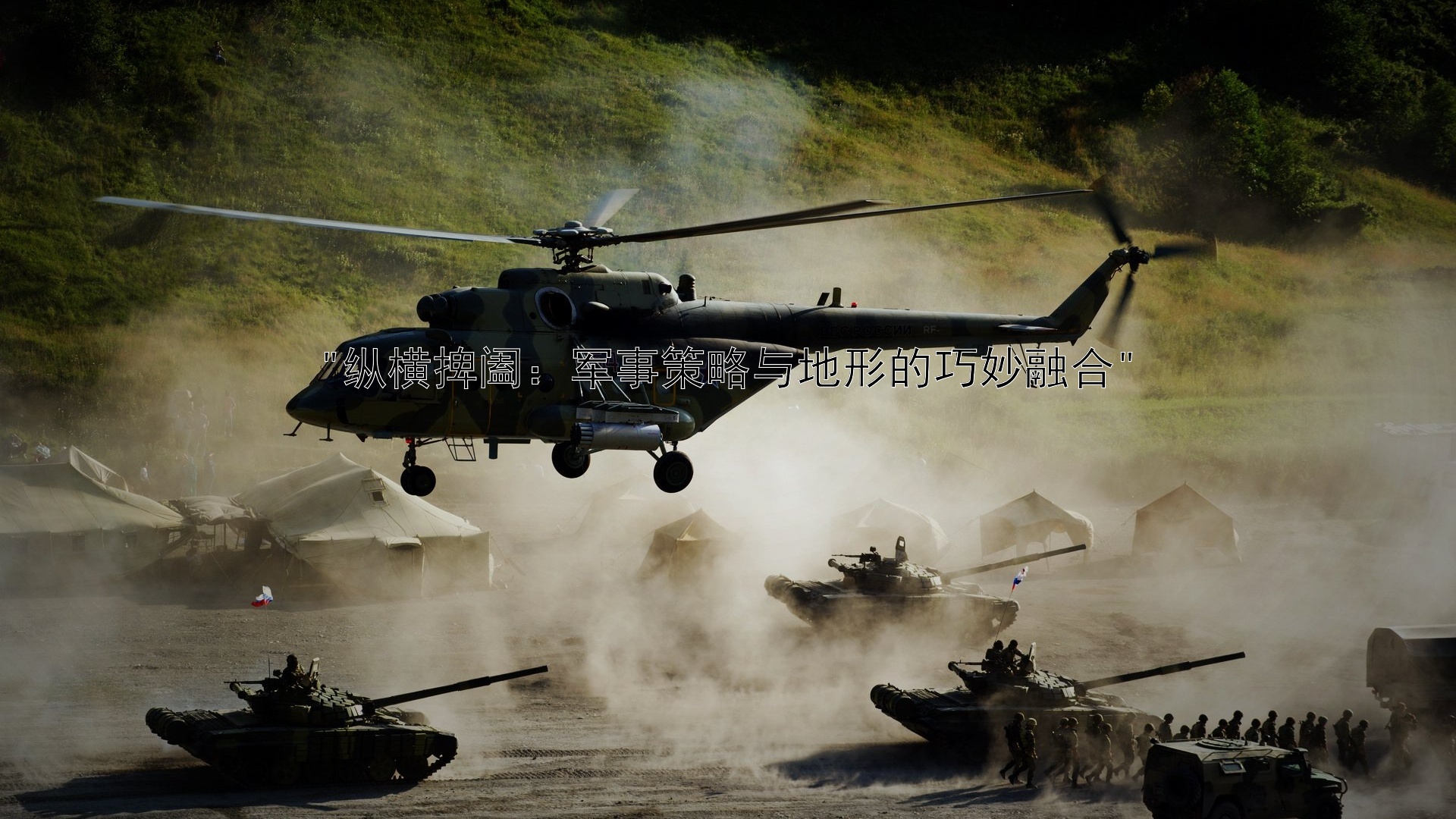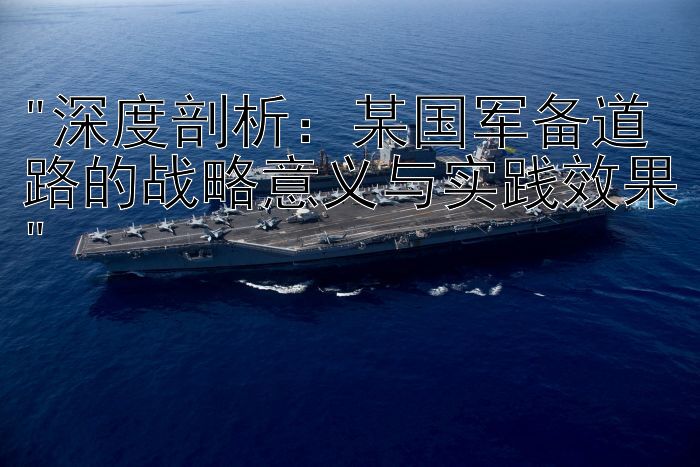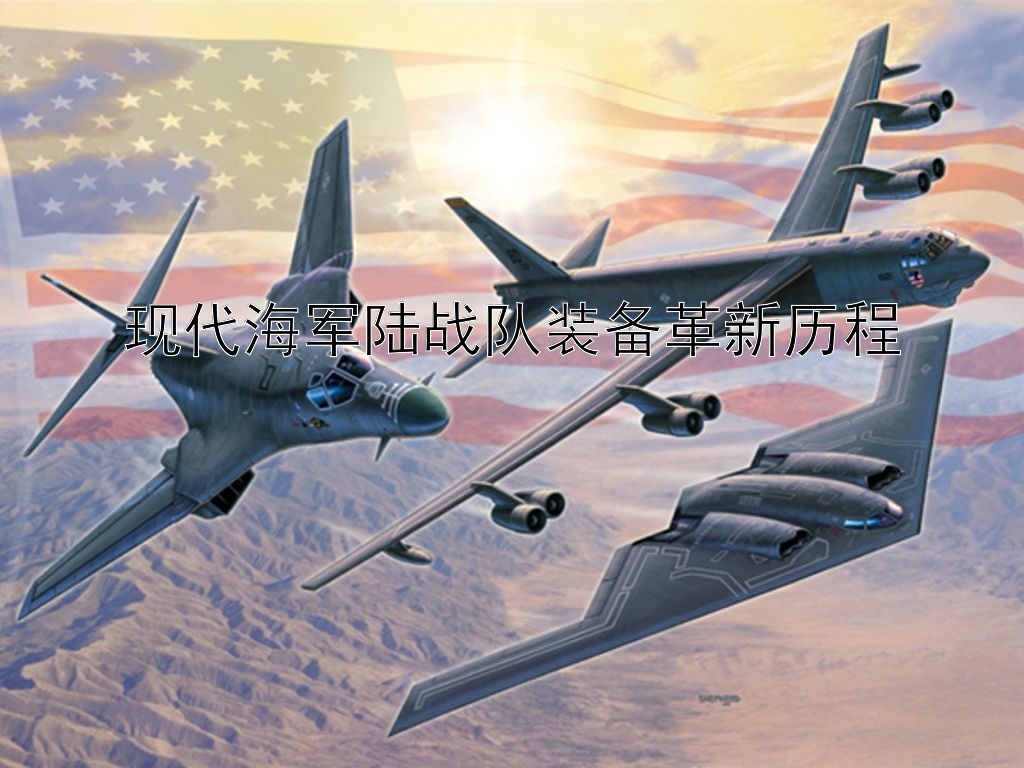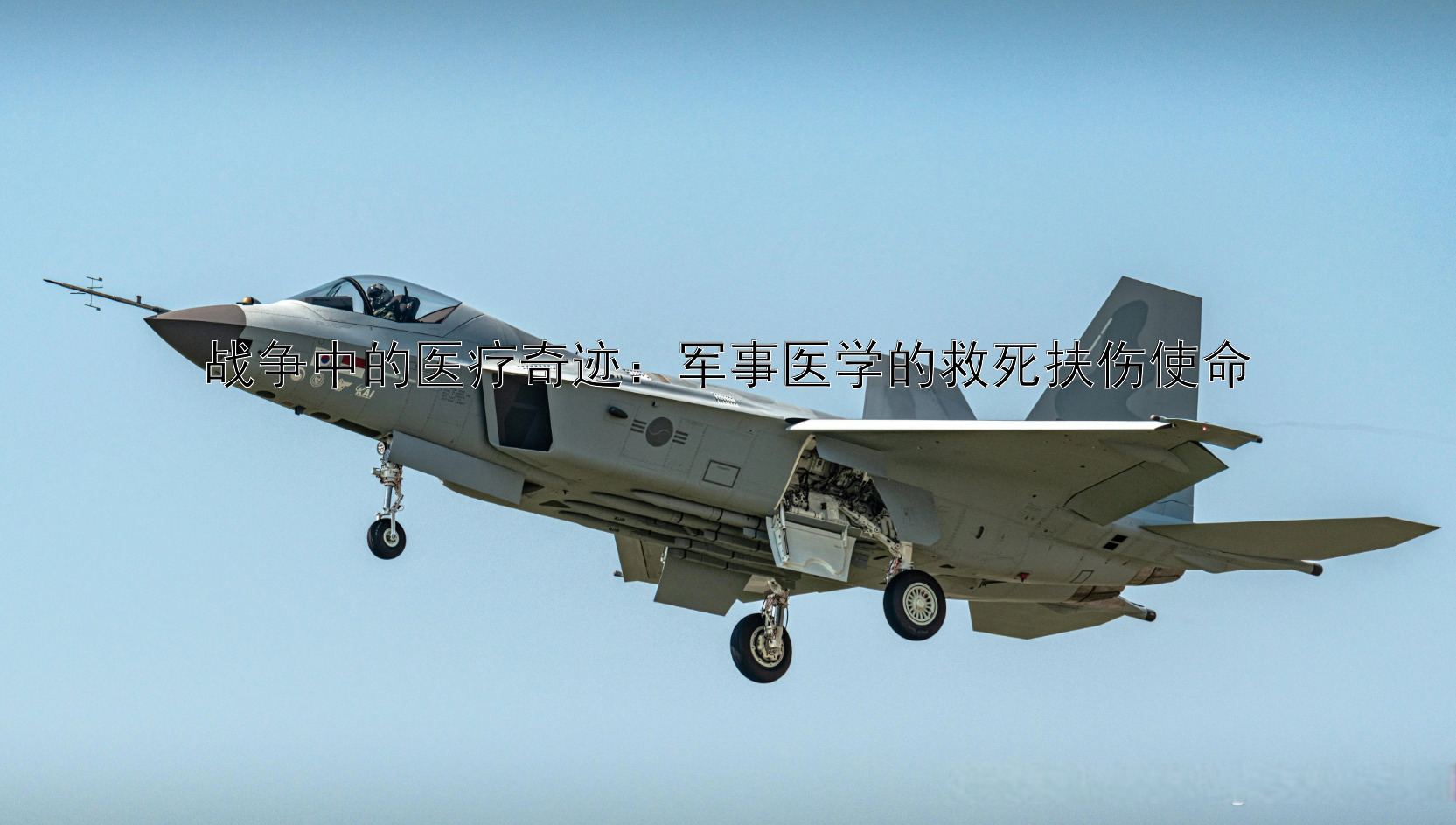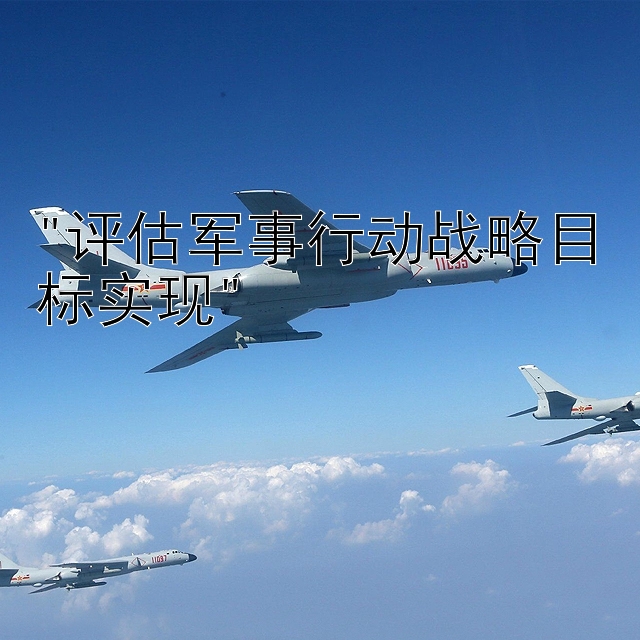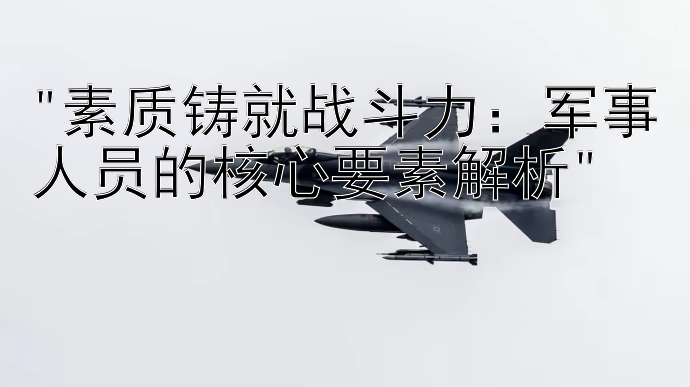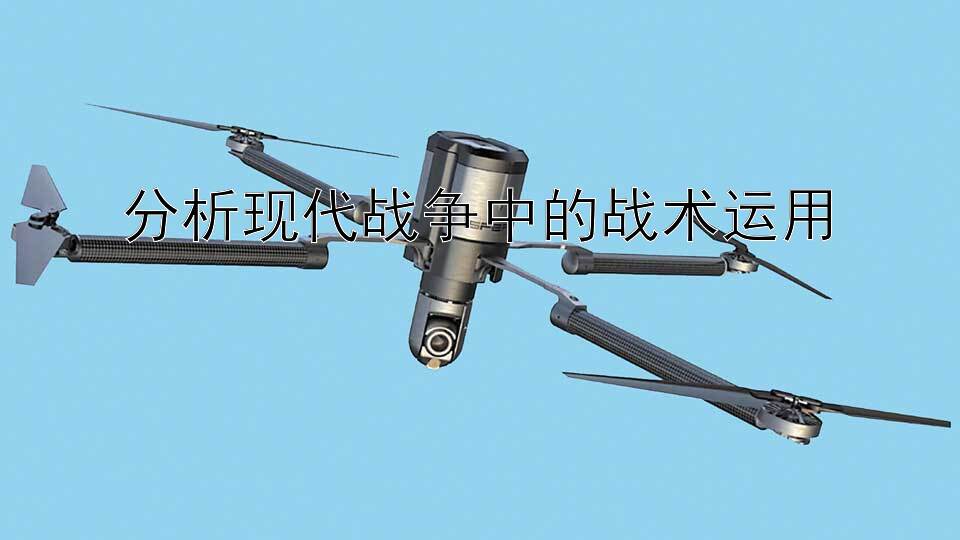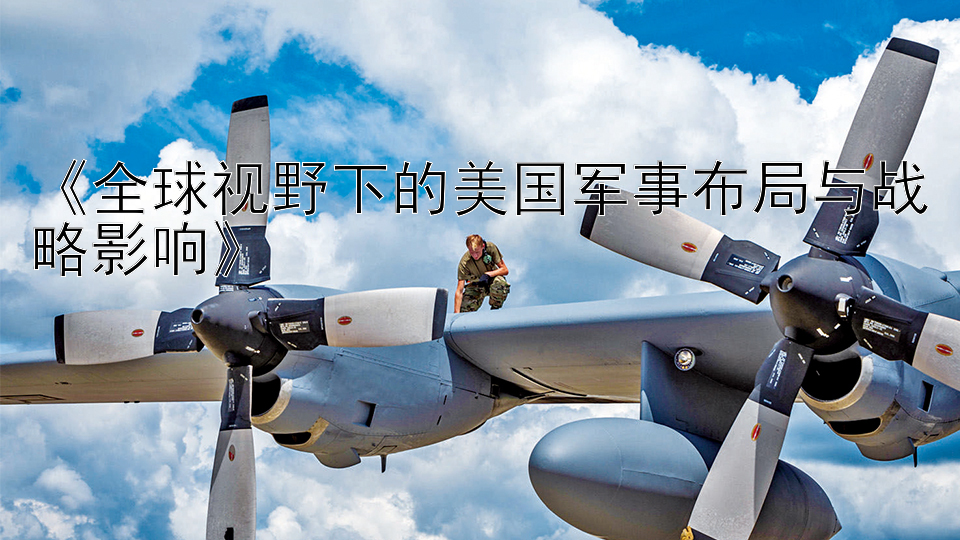在人类历史的漫长画卷中,战争作为一种手段,不仅是对武力的考验,也是对智慧的磨砺。古代战场的硝烟早已散去,但那些曾经闪耀着智慧光芒的战略和战术却如同艺术品般留存下来,成为后人研究和学习的宝贵财富。从中国的孙子兵法到罗马帝国的
In the long tapestry of human history, war has not only been a test of might but also an arena for the sharpening of minds. The smoke from ancient battlefields may have long since cleared, yet the strategic and tactical brilliance displayed there remains like artworks that endure through time, serving as invaluable resources for later generations to study and learn from. From China's Art of War by Sun Tzu to the military strategies employed by the Roman Empire, each conflict was a stage where generals and commanders showcased their mastery in both warfare and leadership.
The artistry of strategy is evident in the careful planning and execution required for any successful campaign. Ancient strategists understood the importance of terrain analysis, logistics management, and psychological warfare. They recognized that victory often depended on more than just numerical superiority; it hinged upon outmaneuvering one's opponent mentally as well as physically. By studying these historical engagements, we can gain insights into how leaders used deception, surprise attacks, and clever positioning to turn the tide of battles.
One such example is the Battle of Cannae during the Second Punic War between Rome and Carthage. Hannibal Barca, the brilliant Carthaginian general, devised a double envelopment tactic that encircled the larger Roman army, leading to a devastating defeat. This maneuver involved intricate coordination among his troops and a deep understanding of enemy psychology—the Romans were lured into a false sense of security before being surrounded with no means of escape. Such strategic genius continues to inspire modern-day tacticians and business leaders alike.
Another hallmark of ancient battlefield wisdom is found in the writings of Sun Tzu, whose "Art of War" is considered one of the oldest and most influential texts on military strategy. Sun Tzu emphasized the need for flexibility, adaptability, and the ability to anticipate your adversary's moves. His principles are universal enough to be applied beyond the realm of combat, guiding individuals and organizations in various fields toward success through strategic thinking.
Furthermore, the concept of espionage played a significant role in ancient conflicts. Spies were essential in gathering intelligence about enemy movements, fortifications, and weaknesses. Their activities could determine whether a commander chose to attack or retreat, making them key players in the grand theater of war. The tales of legendary spies like Mordechai of Persia or the Greek historian Herodotus' account of the Persian Wars show how crucial information could shape entire campaigns.
In conclusion, the legacy of ancient warfare extends far beyond the mere recounting of battles won and lost. It is a testament to the ingenuity and creativity of those who rose above brute force to harness the power of intellect and cunning. Today, historians continue to delve into these past encounters, seeking lessons that resonate across cultures and eras. As we look back at these instances of strategic prowess, we must remember that while weapons and tactics evolve, the essence of warfare—the struggle between wits and wills—remains eternal.
- 古战场上的智慧:军事战略与战争目标实现的历史探索
- 《古战场上的智谋与技艺》
- 古战场上的智慧较量:战略与艺术的双重展现
- 兵戈之道:古战场上的战略与决策智谋
- 《古战场上的智慧与现代战争的启示》
- 《古战场上的智慧:历史军事战略与战争规律的交响》
- 古战场智慧:战略与指挥的艺术
- 《古战场谋略:中国历史上的军事战略与战争准备》
- 回望古战场:军事战略的演变与战争预测的艺术
- 古战场上的智慧与道德: 历史军事战略的伦理考量
- 古战场智慧:中国历史军事战略与战争史的交织
- 古战场智谋:佯攻与奇袭的双刃剑
- 古战场上的智慧:中国军事战略的历史演进与实战应用
- 古战场上的智慧:中国历史上的军事战略与战争指挥
- 古战场之礼:历史长河中的军事礼仪与战争文化
- 《古战场谍影:情报的收集与破译艺术》
